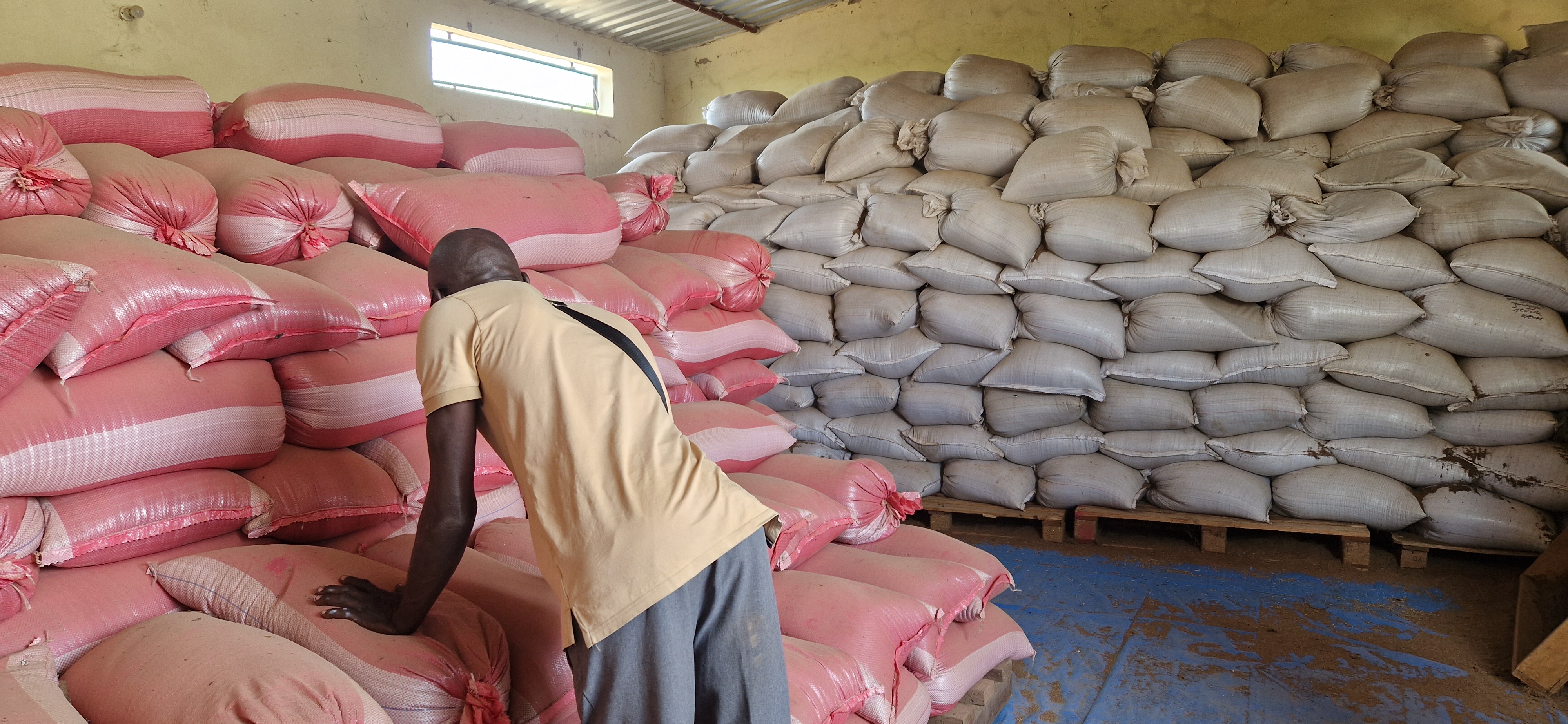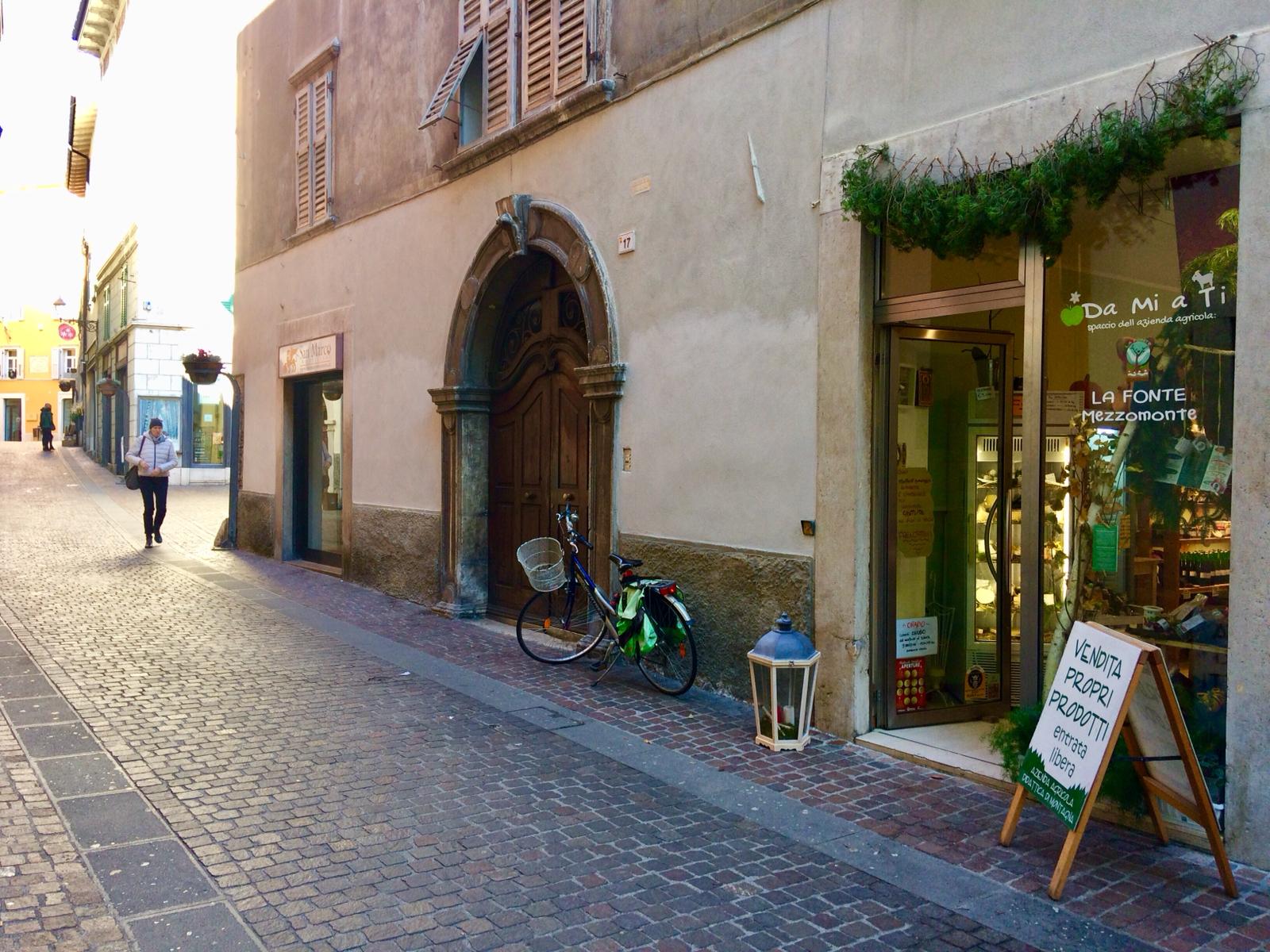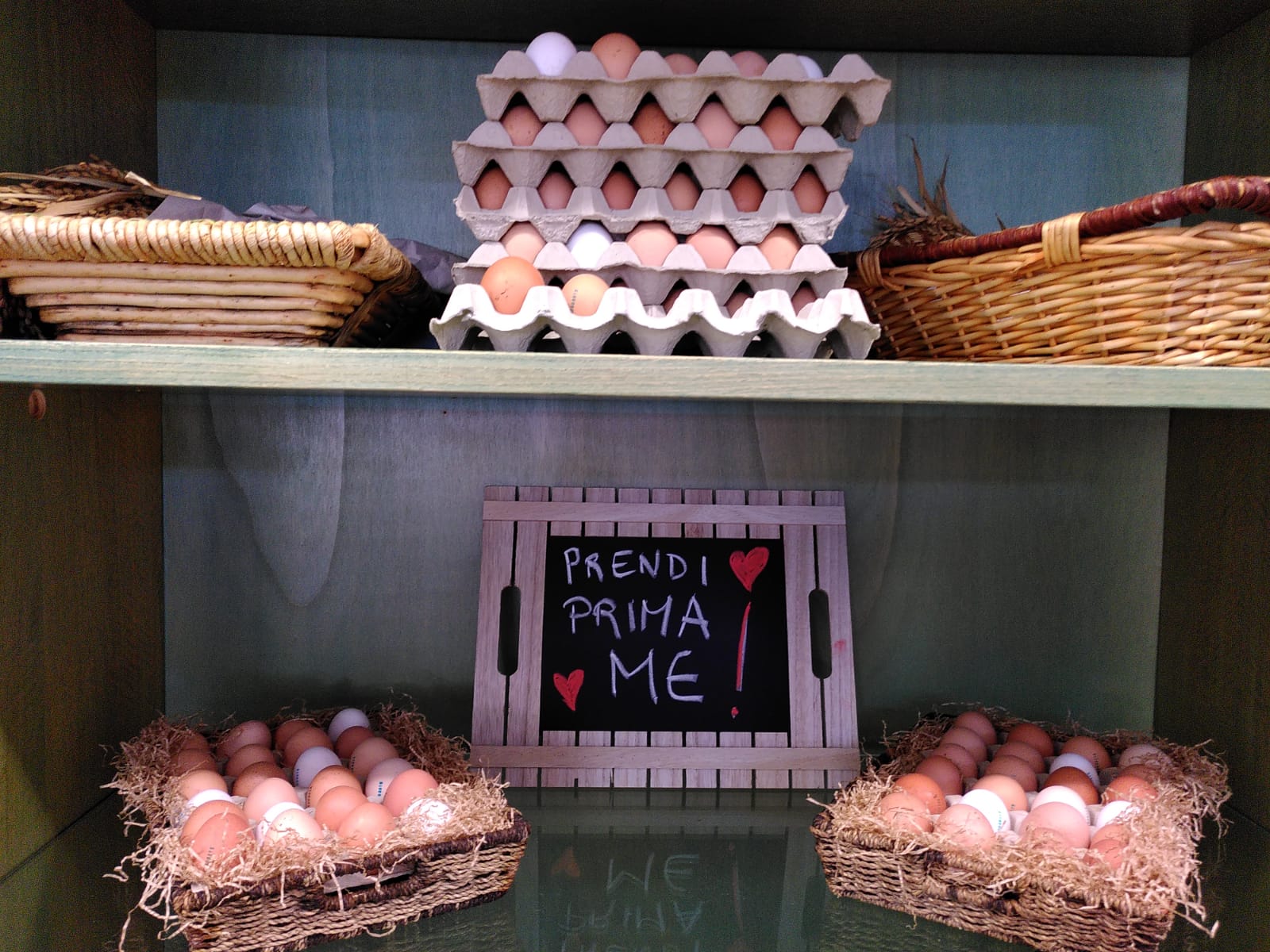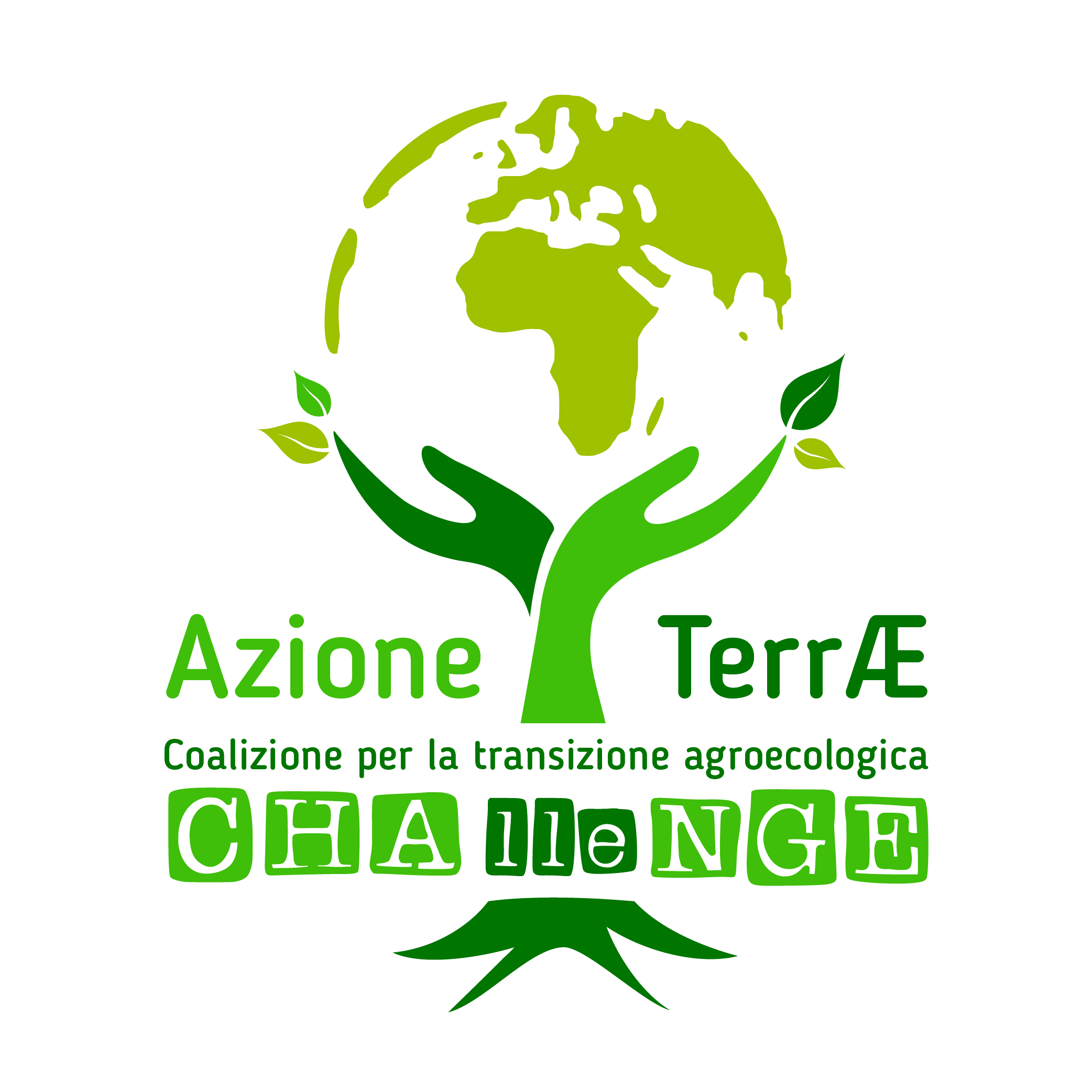Good Practices for Agroecological Transition

The good practice consists of the organic cultivation of fonio, a cereal considered a traditional crop of the Bedick and Bassari peoples of southeastern Senegal, resistant to climate change and rich in nutrients, typical of the Sahelian area. Organic cultivation of fonio is a good agroecological practice because it allows a traditional plant to be grown in its different varieties, thus preserving the biodiversity of the ecosystem in question without using synthetic inputs, thus helping the land to regenerate itself. Organic cultivation adopts the agroecological approach, but in addition is accompanied by certification. In the case of the "ATNA-FONIO" project in Kédougou, the fields of 1,000 fonio producers have been certified by ECOCERT for organic production using local varieties, the seeds of which are preserved by the farmers themselves.

The mountain farm "La Fonte "was founded in 1990 on abandoned terraced land. After 25 years of on-farm sales and markets, with educational workshops and "biodiversity" sales, it means: Fruits and vegetables both cultivated and wild, processed various syrups, jams vegetable preserves, salts, herbal teas, liqueurs, herbal products: gemmoderivatives, flower extracts (Bach and Trentino flowers), cheeses, yogurt and milk from goat, sheep, cow, eggs, wool felt, potting soil for flowers and vegetable gardens...all self-produced. We decide in 2017 to open a Farmer's Store in town in Rovereto where we sell our products plus other essentials from local farmers of proven knowledge. This leads to less labor (loading-unloading, bad weather) and daily training of customers on food practices. After 22 years of organic certification (1995 to 2017) we decide to self-certify: certification with onerous bureaucracy and no longer meeting ethical principles. This allows us for the commissary, to buy even from non-certified producers whose agroecological realities we know without the use of chemistry and with healthy values, and to be able to vouch for them to customers, we therefore return to value direct relationship and trust. Education with children, fundamental, since 1999, with group days and summer Green Weeks set on food education in practice: we milk, harvest, cook and eat together.

Mesa Noa is a cooperative founded in Cagliari in 2019 by a community of people who practice responsible consumption and opened Sardinia's first self-managed emporium in the city. The cooperative has more than 400 members and associates and is the only referent in Sardinia of Confcooperative's Community Cooperatives.
Mesa Noa's members and associates cover all the organizational and sales phases necessary to run the emporium free of charge; the savings thus generated make it possible to have quality products available at competitive prices and to pay fair compensation to producers.
The emporium's suppliers are mainly farmers and artisans who share with Mesa Noa respect for the land and seasonal cycles, the dignity of labor, and the health of those who work and those who consume. The range of products is then expanded through wholesalers from organic, ethical and fair trade supply chains. As the headquarters of the emporium, Mesa Noa chose a suburban and working-class neighborhood of Cagliari, where it was deemed most essential to experiment with a solidarity community project and where it is proposed as a space for meeting, exchange of knowledge and mutual aid. Since its establishment, Mesa Noa has been promoting popular events in the area on the themes of circular economy and small local economies, with the aim of building networks with groups and people who share the same horizon of values in a broader framework of innovation and social transformation.
